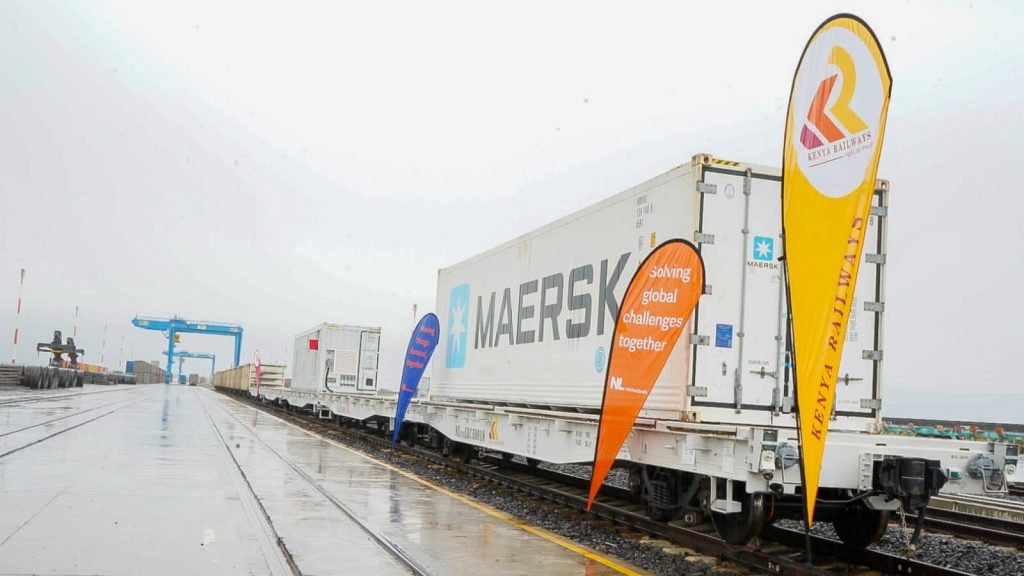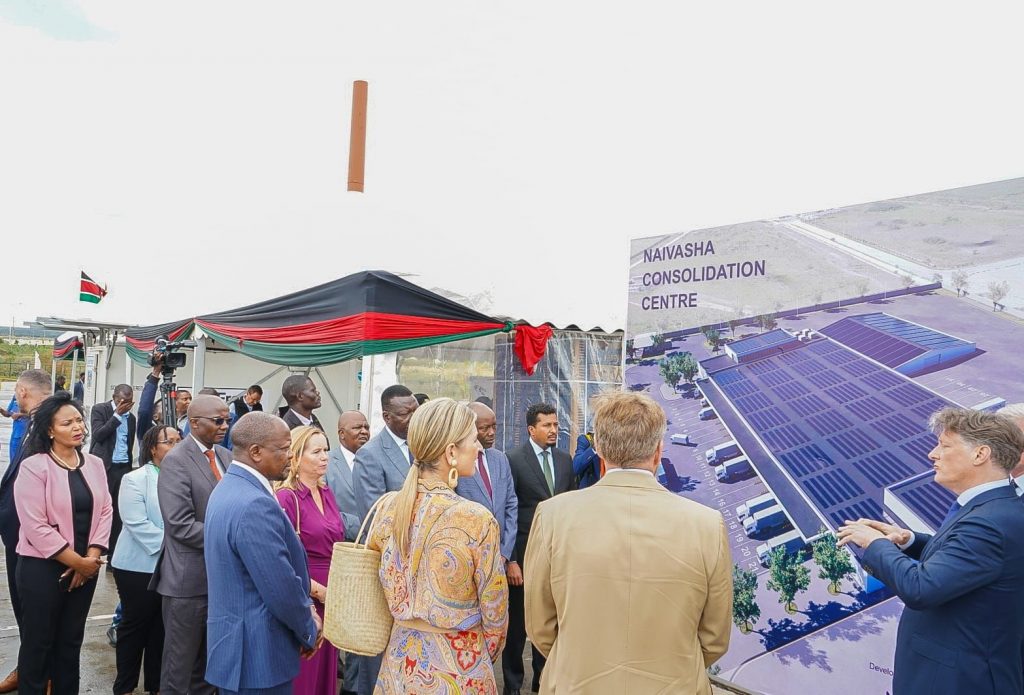
Kenya Railways Corporation (KRC) recently launched a new initiative to enhance the transportation of perishable goods by deploying specialized refrigerated wagons, known as reefer wagons, on key routes linking the Mombasa port. This move is aimed at improving the efficiency and reliability of transporting temperature-sensitive cargo, such as horticultural produce, across East Africa.
The recent batch of 50 refrigerated containers departed from the Naivasha Inland Container Depot carrying fresh produce destined for shipment to the Port of Mombasa. KRC Managing Director Philip Mainga confirmed that the corporation plans to deploy over 500 reefer wagons in the next three months to meet the growing demand for reliable transport of perishables.
“This development allows perishable goods to be collected from Fresh Produce Consolidation Centres, transported by rail to the Port of Mombasa, and then shipped by sea to Europe and other international markets,” Mainga said.
Refrigerated containers, or reefer wagons, are equipped with cooling units to maintain the necessary temperature conditions for products such as fruits, vegetables, flowers, meat, fish, dairy, and pharmaceuticals during transit. The new wagons come with advanced technologies, including real-time temperature monitoring systems, ensuring that the perishable cargo remains fresh throughout its journey.

The innovation also ties into Kenya’s broader initiative to develop a “Cool Logistics Corridor” to streamline the movement of fresh produce within the region. This infrastructure project is set to boost the local horticulture industry, which is one of Kenya’s key foreign exchange earners.
In addition to the new reefer wagons, the Kenya Ports Authority (KPA) has supported the initiative by installing 1,300 charging points along the Naivasha to Mombasa railway line, with further charging stations in Nairobi, Lamu, and Mombasa. These charging points are crucial for maintaining the functionality of refrigerated containers during transit. KPA Managing Director Capt. William Ruto stated that the move comes as part of a push to attract more horticulture exporters who are increasingly turning to rail and sea transport to reduce their carbon footprint.
Several major European retailers, have also pushed for the use of sea freight over air freight to reduce carbon emissions, prompting Kenyan exporters to adapt to these greener transport methods. As a result, KRC’s deployment of reefer wagons comes as a timely response to these evolving market demands.
Despite facing challenges, such as a decline in export value in 2024, primarily due to disruptions along the Red Sea route, Kenya’s horticulture sector remains resilient. The value of horticultural exports fell by 12.7 percent, from Sh157 billion in 2023 to Sh137 billion in 2024. However, the shift to rail and sea transport is expected to provide long-term stability for the industry.
This move aligns with Kenya’s efforts to modernize its logistics infrastructure and reduce the environmental impact of its transportation systems while ensuring that the country’s agricultural exports remain competitive in global markets.
